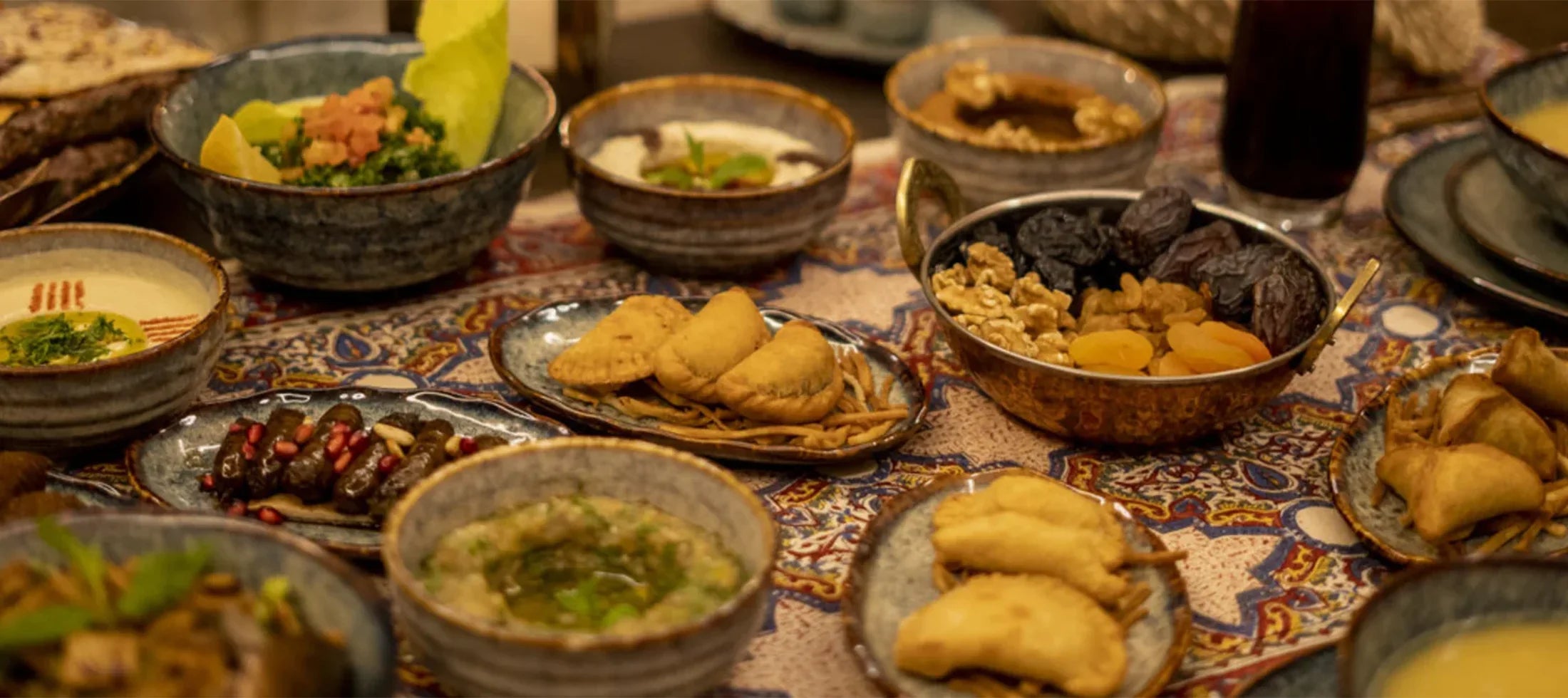Ramadan is a great time of the year for self-discipline and intense detoxification. Instead of taking full advantage of this opportunity, people succumb to their cravings. By consuming food high in calories, sugar, and grease rather than cultivating good eating habits.
The iftar meal is a much-awaited meal to break the fast. It is important to make sure that the foods we consume are nutritious and beneficial for our bodies.
Eating healthy, nutritious foods during iftar not only provides the necessary nutrients but also helps to restore energy levels, maintain a healthy weight, and prevent health issues.
Tips to make iftar more nutritious
A balanced iftar meal should consist of foods that provide carbohydrates, proteins, healthy fats, vitamins, and minerals. These nutrients help to refuel the body and provide energy for the next day of fasting.
Add dates in your iftar

By following the sunnah of the Prophet (PBUH), break your fast with dates. Dates are an excellent source of energy, fiber, and vitamins and are high in sugar which will help you restore low blood sugar, and saves you from headache and lethargic feeling.
Hydrate Yourself

Instead of gulping glass after glass of water or sugary beverages which can result in bloating afterward. Limit sugary beverages and go for high water content fruits and vegetables like watermelon, pineapple, oranges, white melon, celery, cucumber, iceberg lettuce, tomato, cauliflower, or spinach to hydrate your body.
Limit fried and processed foods

Samosas, pakoras, and other fried foods are high in calories, unhealthy fats, and sodium. These favorite iftar foods can cause weight gain, indigestion, and bloating and increase the risk of heart disease along with other health issues. Instead, opt for grilled, baked, or steamed foods and eat in moderation.
Choose good carbs and protein
Carbohydrates and protein act as a source of fuel by providing energy, vitamins and minerals. It helps you repair bones and muscles.
Here you can add carbs and protein to iftar.
- Whole wheat bread and chicken sandwich
- Whole wheat chapati with chicken or meat curry OR wrap filled with chicken and freshly chopped vegetables.
- Bean salad is a great way to add your beans to iftar. Add boiled potatoes, chopped onion, tomato, and cucumber to make it fuller.
- Dahi Bhalla, a favorite savory food in iftar made from lentils and mixed with yogurt. Great incorporation of protein and carbs.
- A bowl of oatmeal with milk, topped with honey, nuts, seeds, or fresh fruits to help you feel energized.
- Brown rice with sauteed mushrooms, vegetables, chicken, or meat.
Takeaway
Ramadan is a time for spiritual reflection and self-improvement, and taking care of your body by having a nutritious iftar is an important part of that process. By nourishing your body with healthy foods, you will have the energy and stamina to focus on your spiritual goals.
Reviewed by Certified Dietitian



Share:
Munch Your Brunch With Lots of Crunch!
The Proper Way To Have Sehri